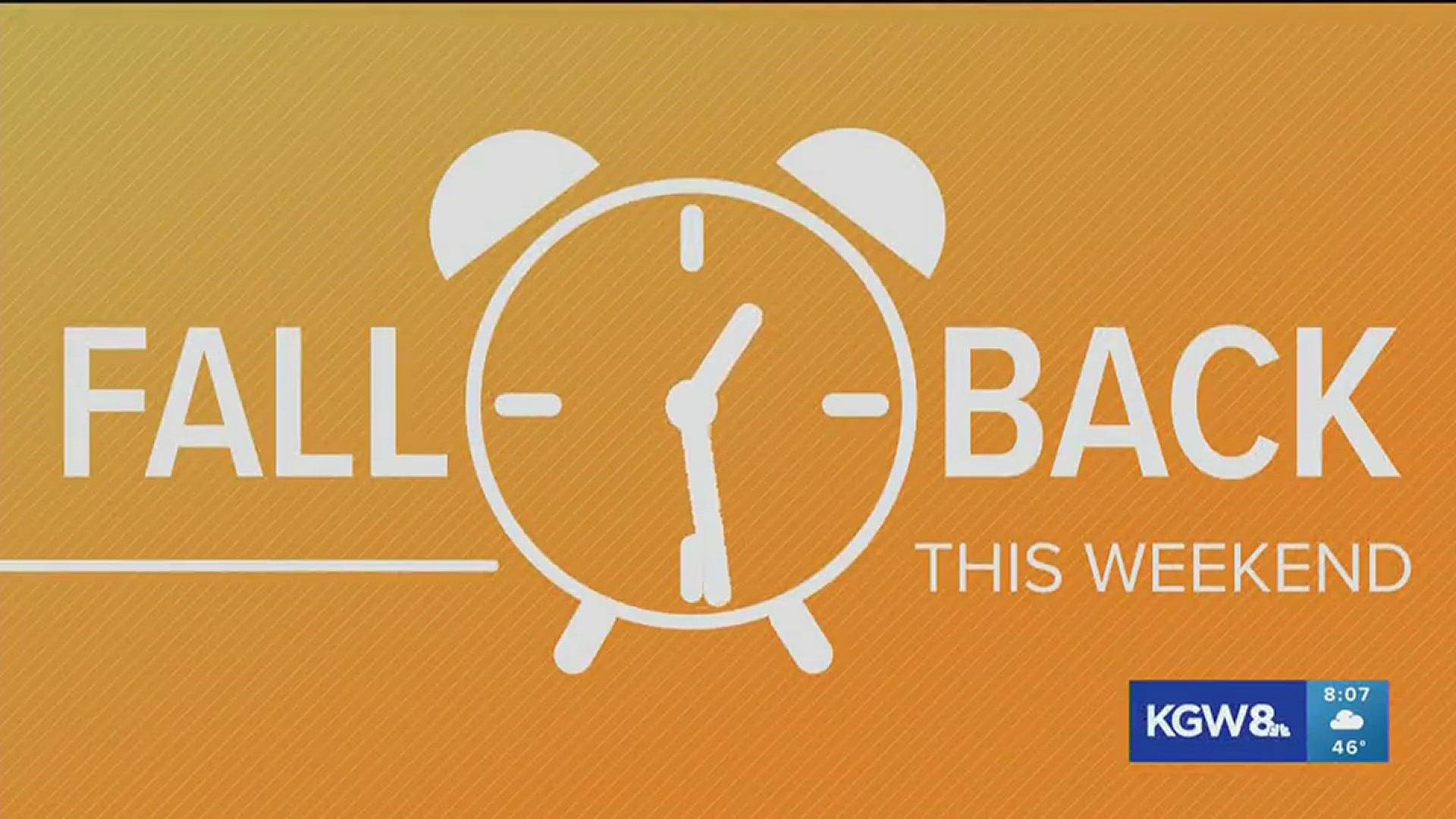PORTLAND, Oregon — Daylight saving time ended at 2 a.m. local time Sunday, Nov. 6 and clocks were set back one hour. Although it means an earlier sunrise, it will get dark sooner in the afternoon. For many people, the winter hours can affect their mental health.
Seasonal affective disorder (SAD) is a clinical depression brought on by the seasons change. It hits about 5% of Americans; in the Pacific Northwest alone it's closer to 9%.
“It's helpful to have somebody outside of you looking at the facts and weighing things and asking questions that you may not have considered,” said Dr. Paul Giger a psychiatrist and Providence Health Plan behavioral health director.
If an individual is feeling more than just a little blue, they should seek professional help, Giger explained.
Symptoms mostly mimic any other serious depression, often affecting sleep and energy levels, appetite, self-esteem and the ability to concentrate — and in severe cases, could make you suicidal.
“So winter blues is maybe a nuisance, a hindrance people, whereas once you get to a diagnosis of a major depressive disorder, you're really talking about a clinical condition that is potentially serious, a condition that affects people's functioning,” Giger said.
With clocks rolling back an hour, late daylight will be less and less, leading right up to the middle of winter.
If a person develops SAD, help can come in the form of counseling or psychotherapy and medications. Also getting good sleep and exercising is important, along with finding ways to get out and socialize.
Getting more light can really help, experts say. Photo or light therapy — especially to start the day — can make a big difference.
There are special lamps available that put out the right healing light to lift anyone up out of seasonal depression. And get outdoors whenever possible; natural light, even through the clouds, is healing.

